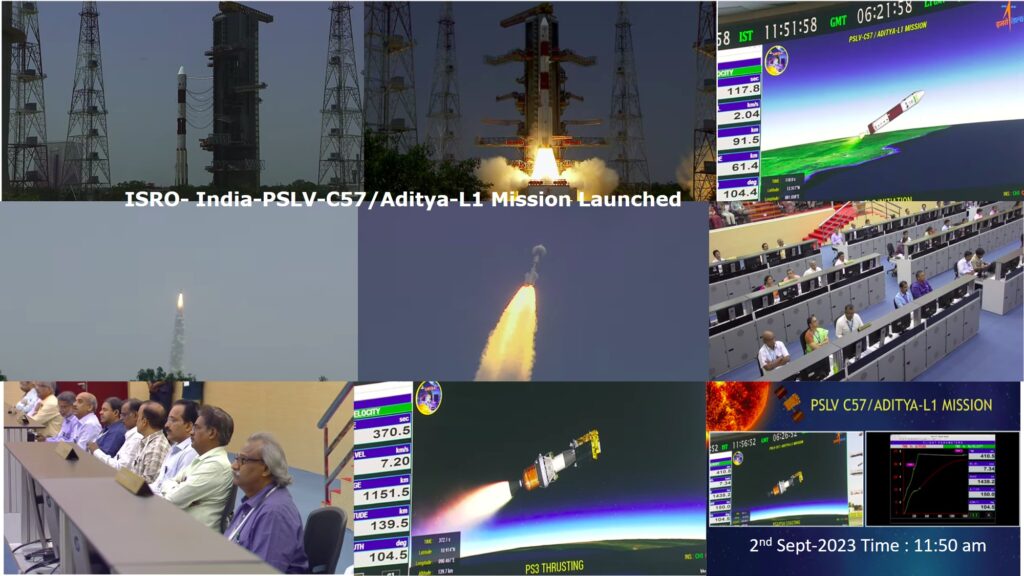New Delhi: The Rajya Sabha witnessed a fiery exchange between BJP President JP Nadda and Congress Chief Mallikarjun Kharge as they sparred over the implementation of the Women’s Reservation Bill, also known as the Nari Shakti Vandan Adhiniyam. The bill, which proposes a significant 33% reservation for women in both Parliament and state assemblies, is facing intense scrutiny and may not become law until 2029.
The Upper House of Parliament engaged in a vigorous debate on the Bill, following its passage in the Lok Sabha with an overwhelming majority. The Lok Sabha debates, which unfolded after a day of heated discussions, saw leaders from the BJP and various Opposition parties lock horns. The primary point of contention revolves around the demand for the inclusion of Other Backward Classes (OBCs) and Scheduled Castes/Scheduled Tribes (SC/ST) communities within the ambit of the Bill. This would entail reserving one-third of seats in both the Lok Sabha and state assemblies for women from these marginalized communities.
Another contentious issue under debate is the timeline for the Bill’s implementation. Opposition parties are pushing for the legislation to be enacted before the upcoming general elections, emphasizing the urgency of securing greater women’s representation in India’s political landscape.
The deliberations in the Rajya Sabha highlight the significance of the Women’s Reservation Bill, as it seeks to reshape the political dynamics of the country by providing more opportunities for women in leadership roles. However, the path to its enactment is fraught with debates, negotiations, and differing perspectives on the scope and timing of its implementation.



















